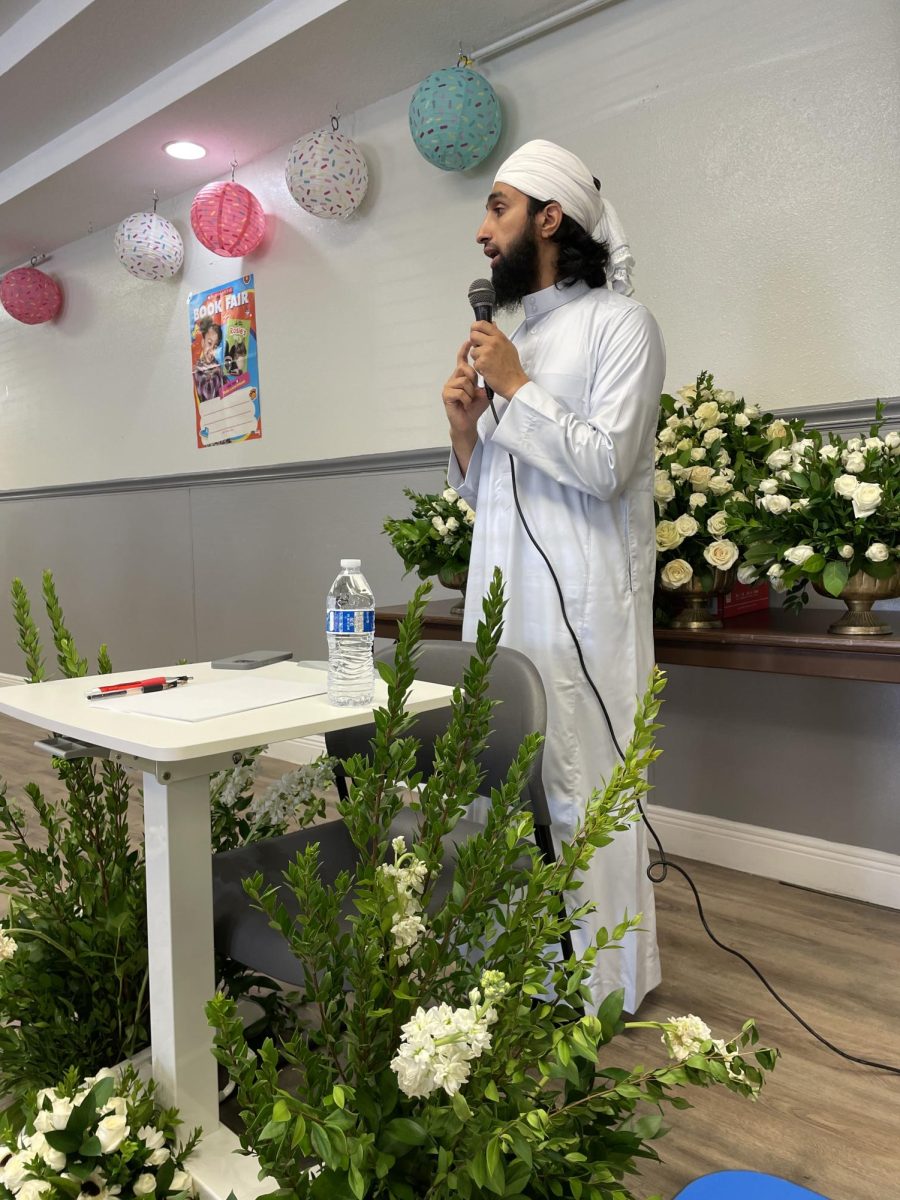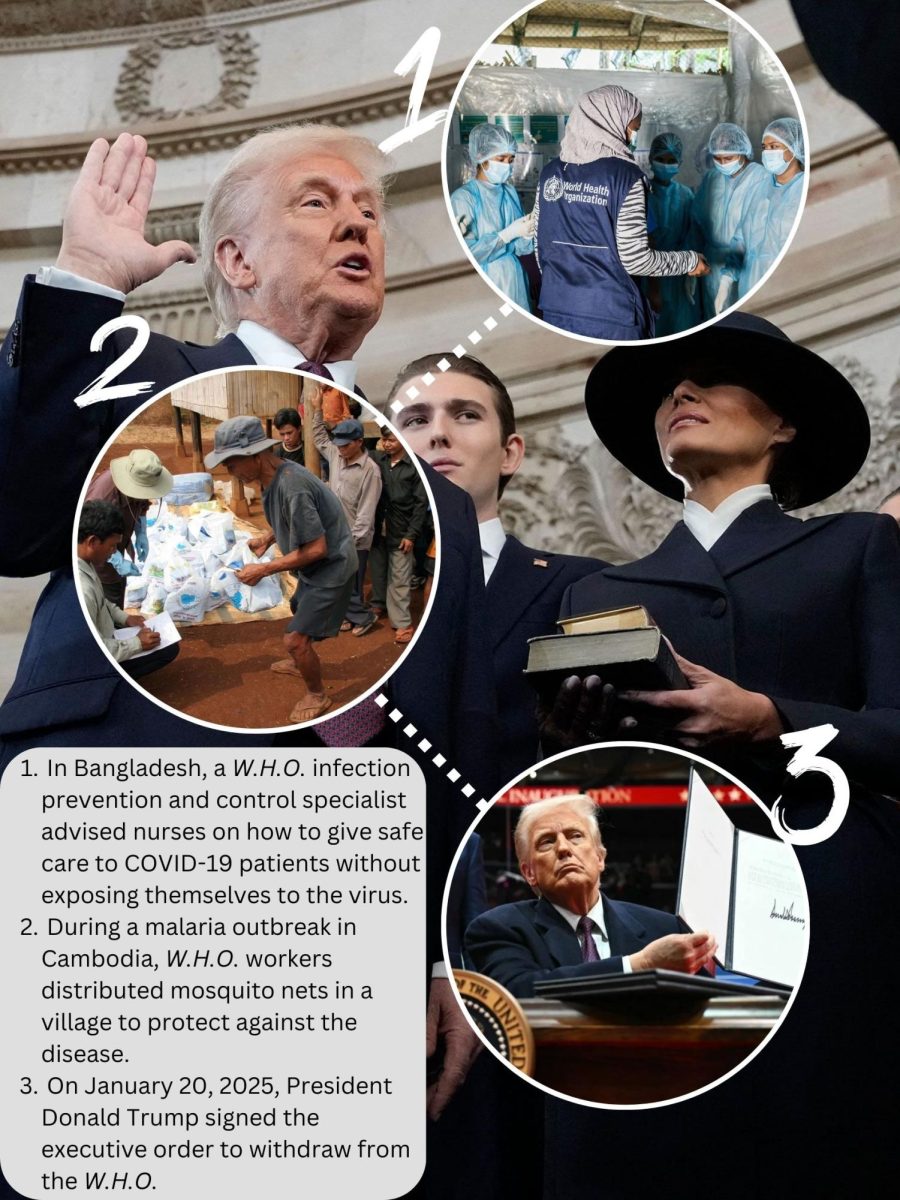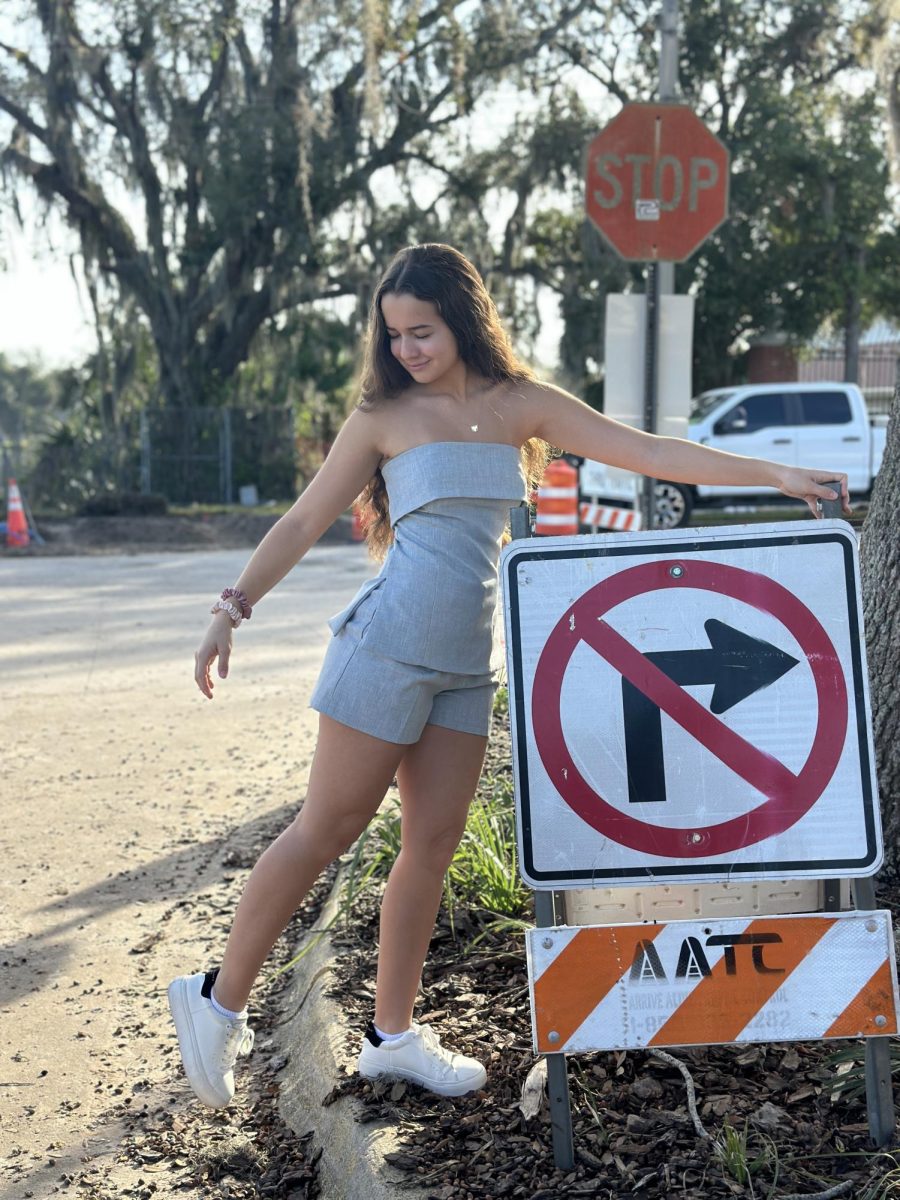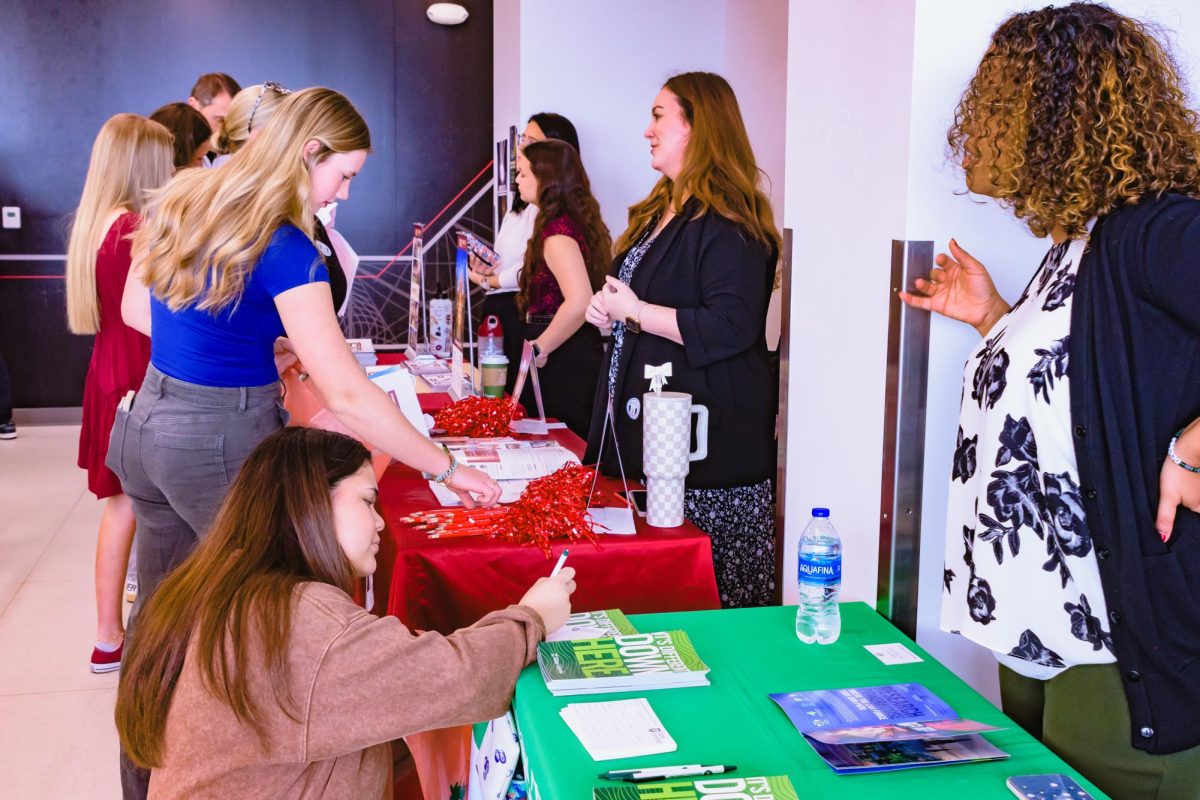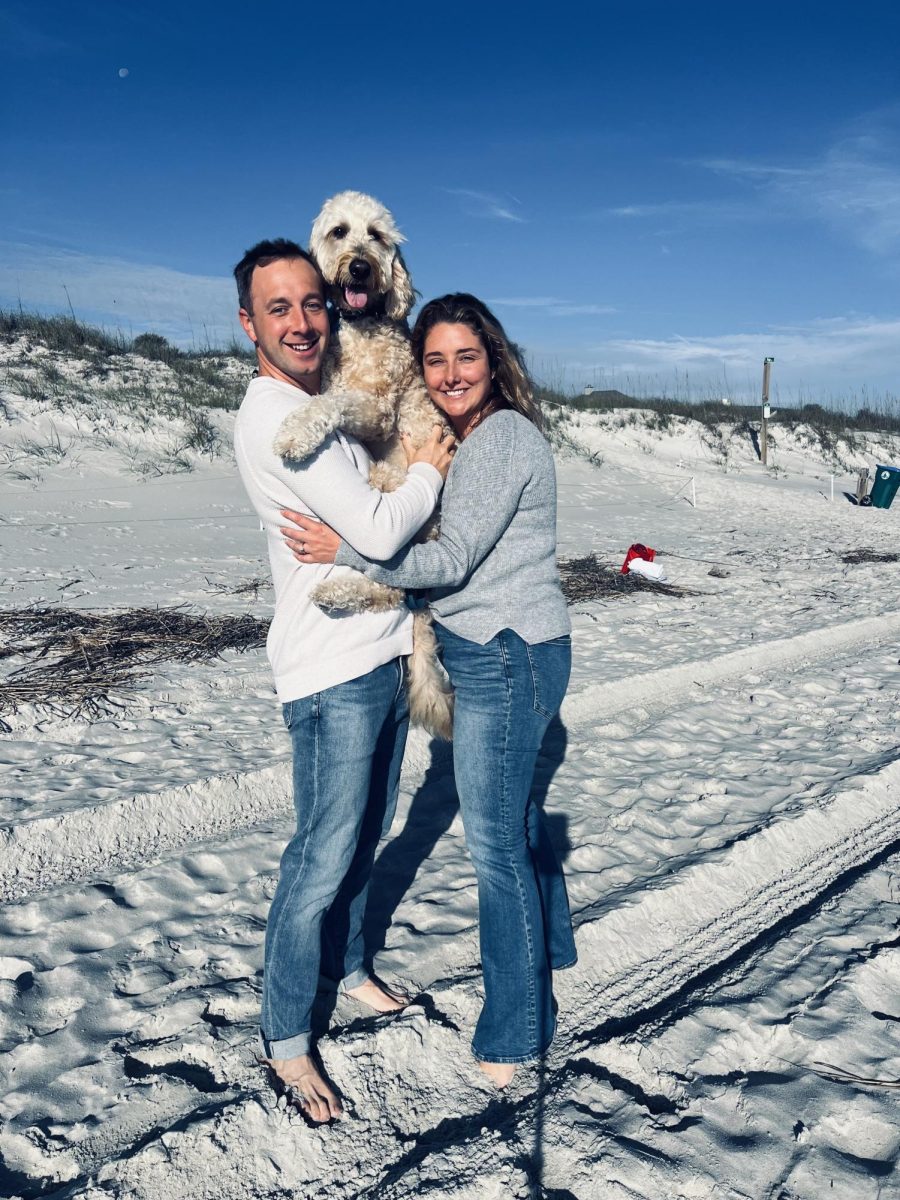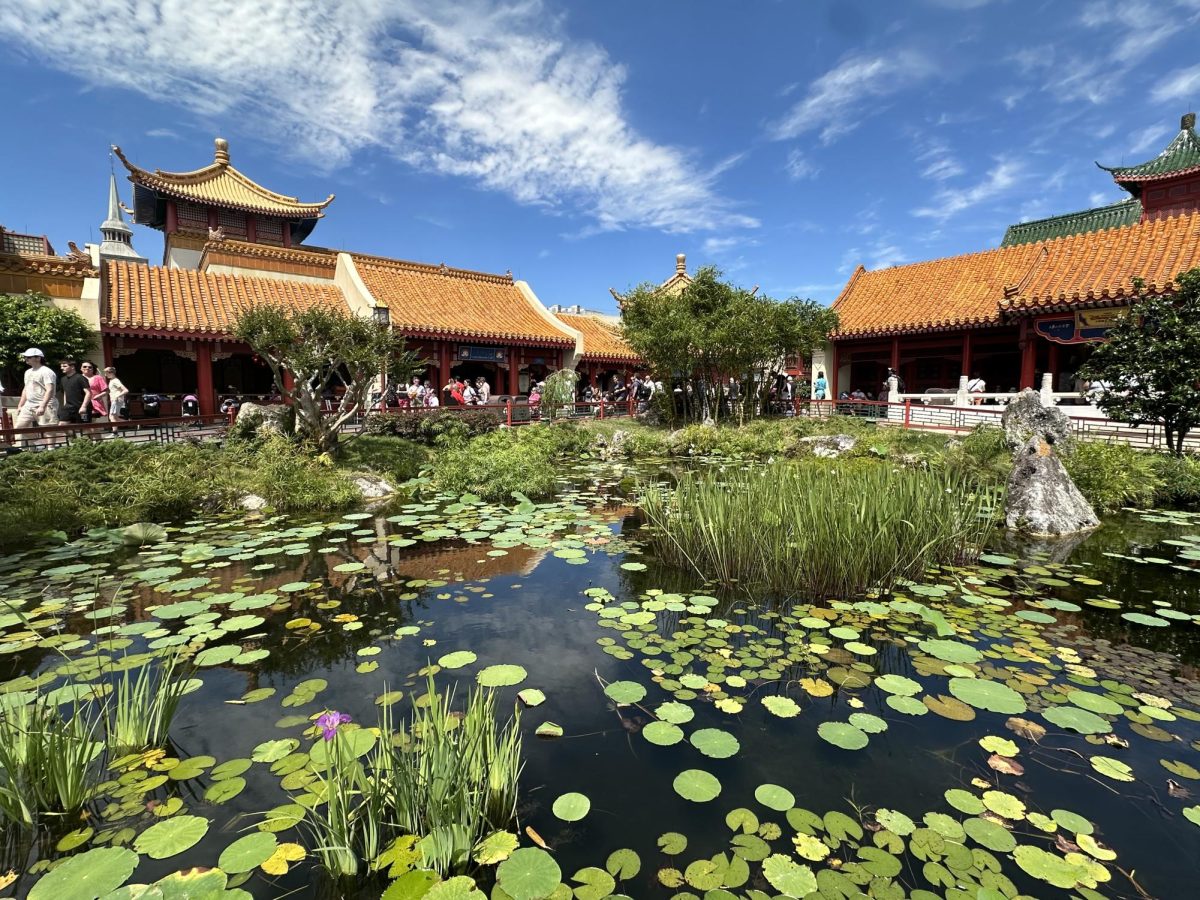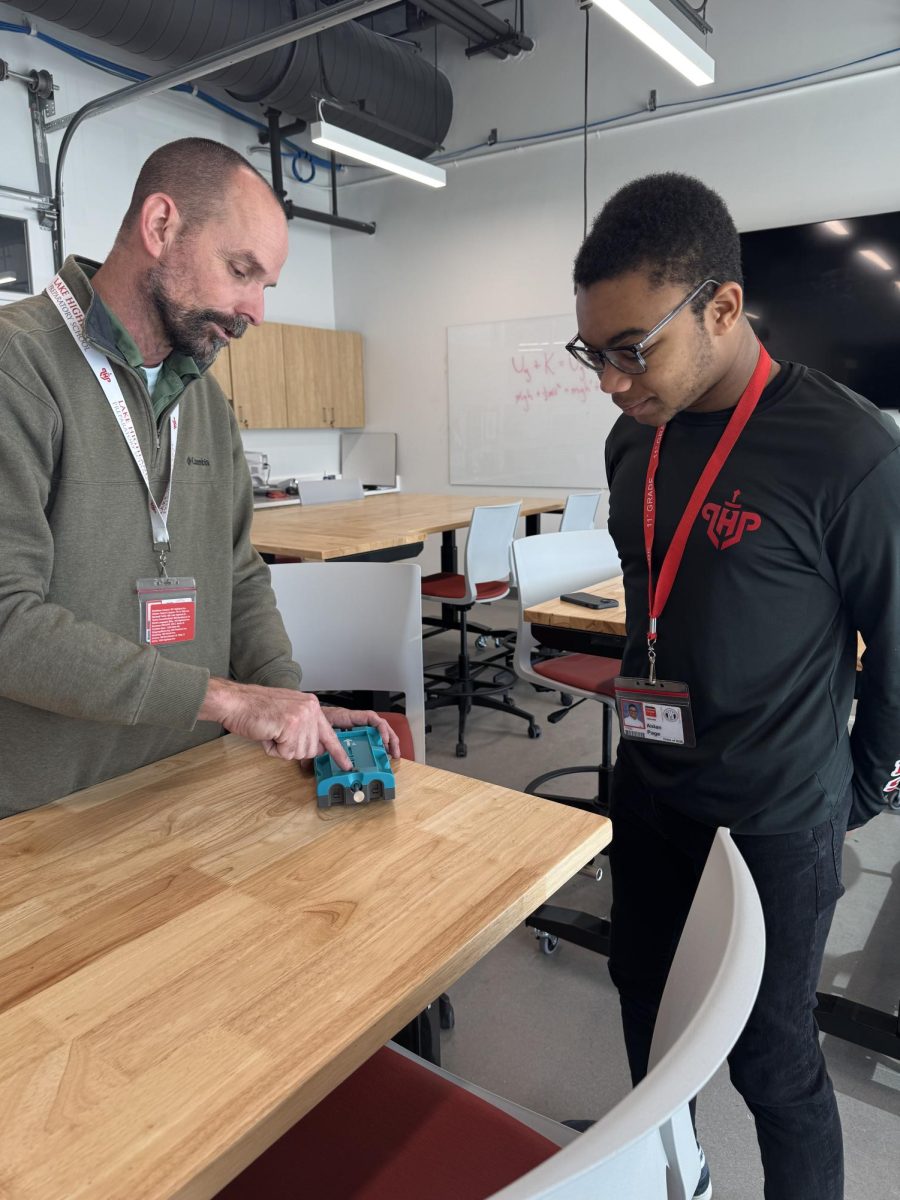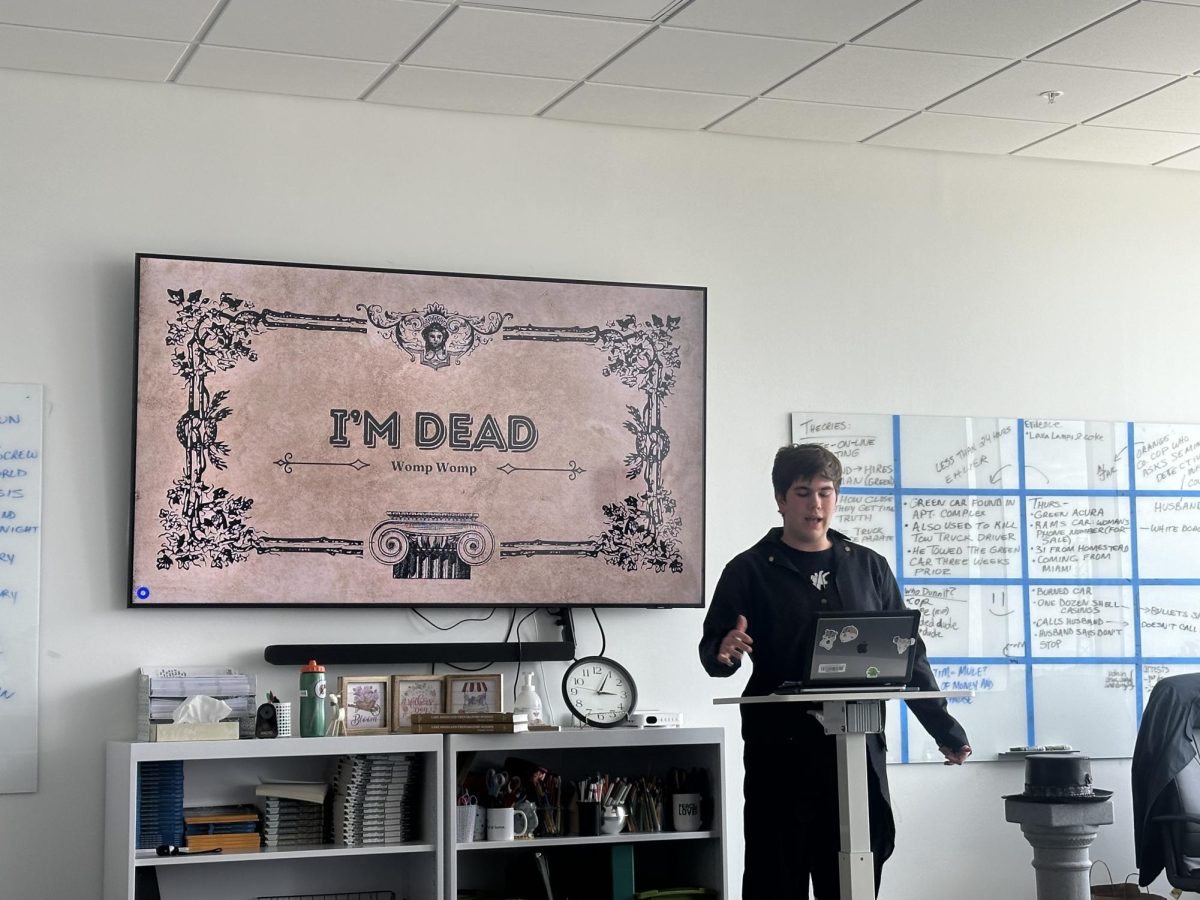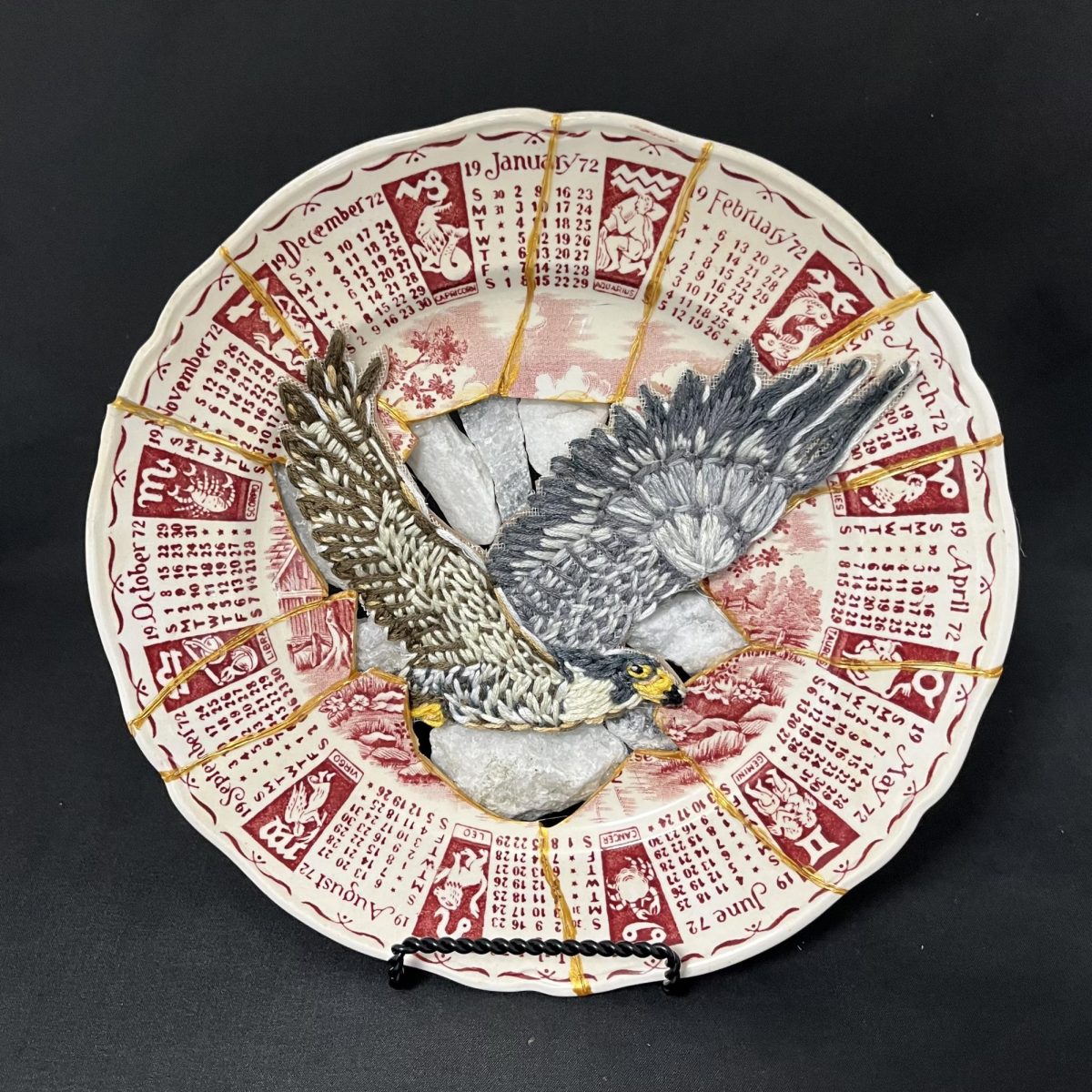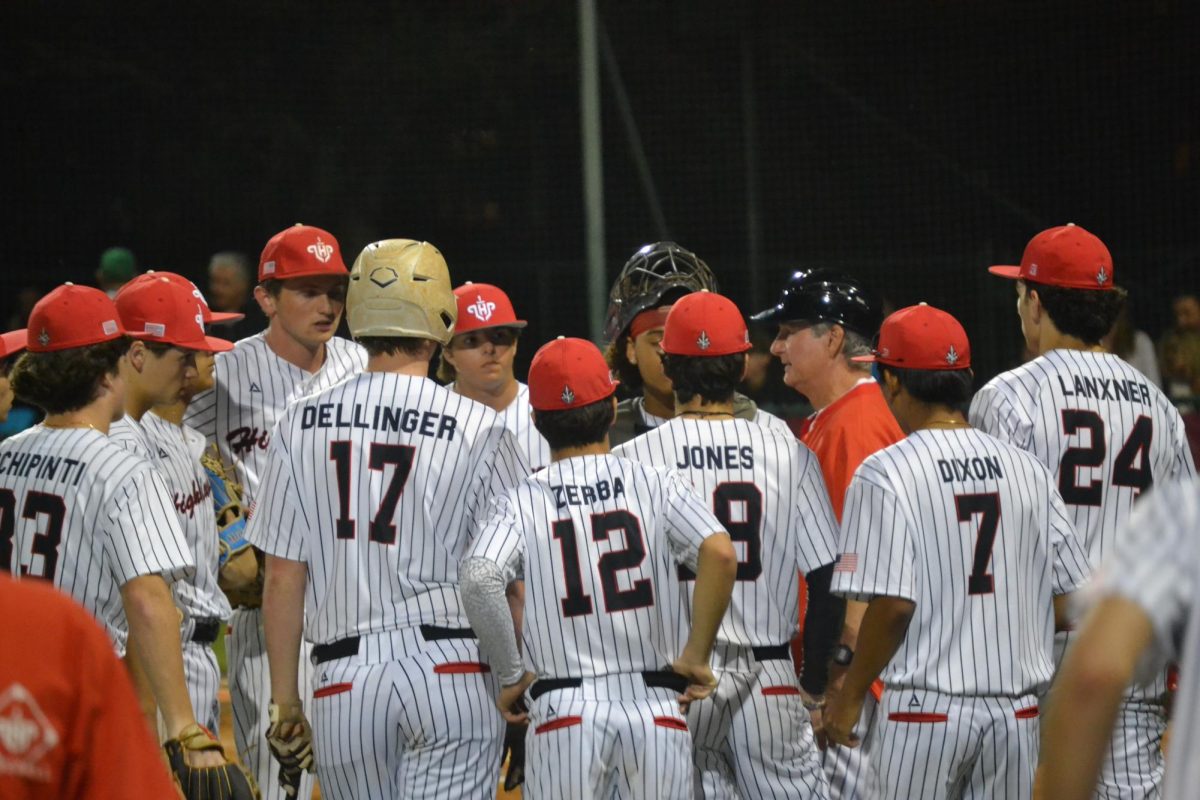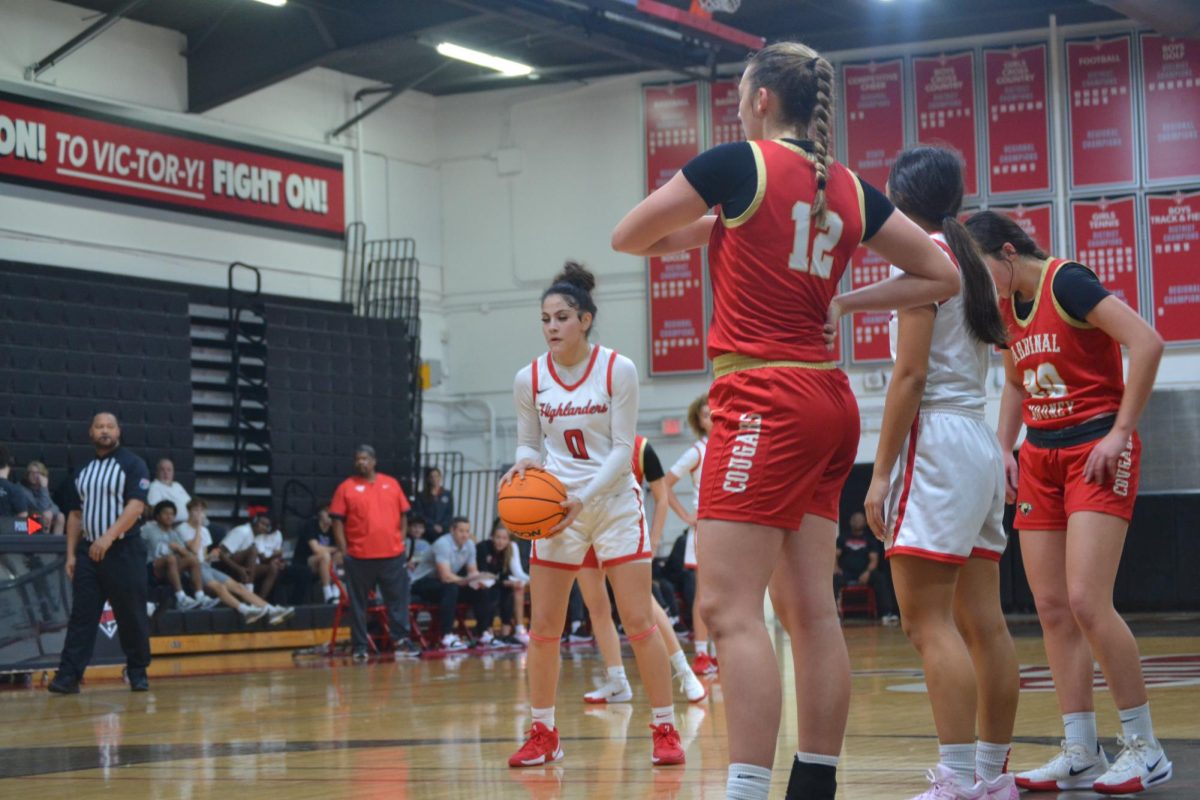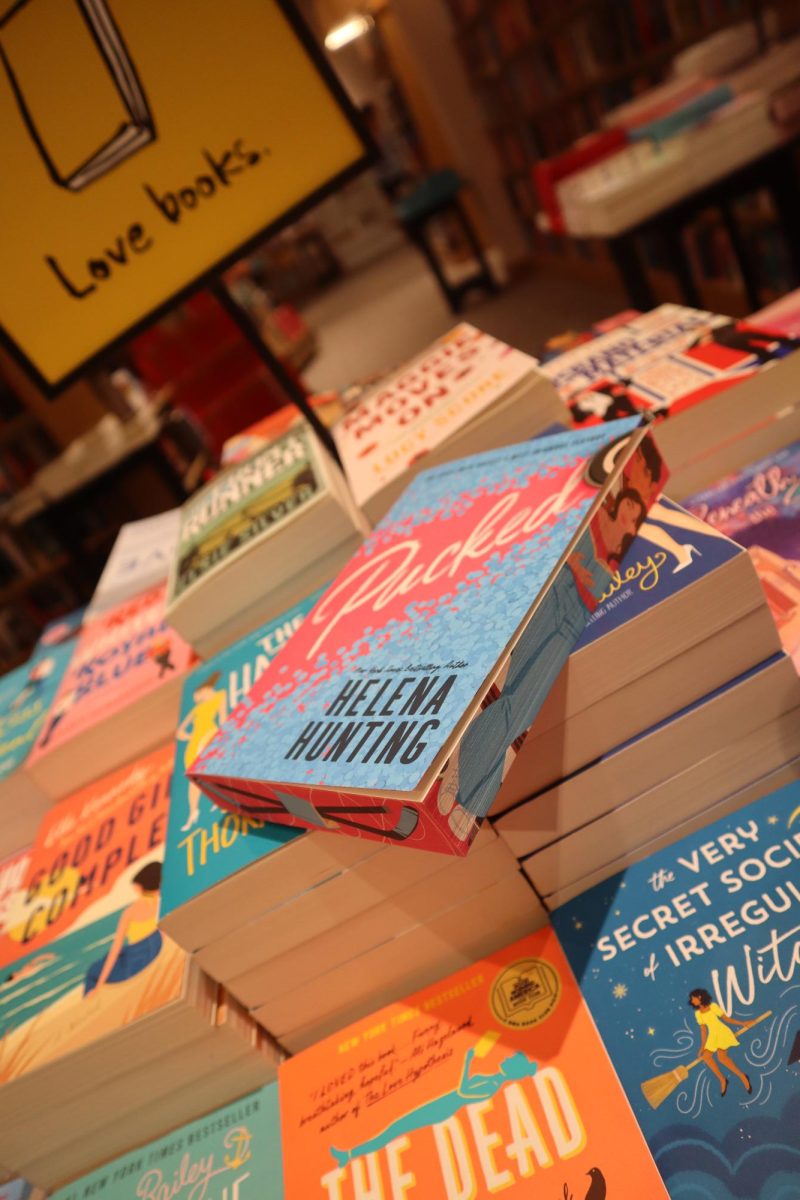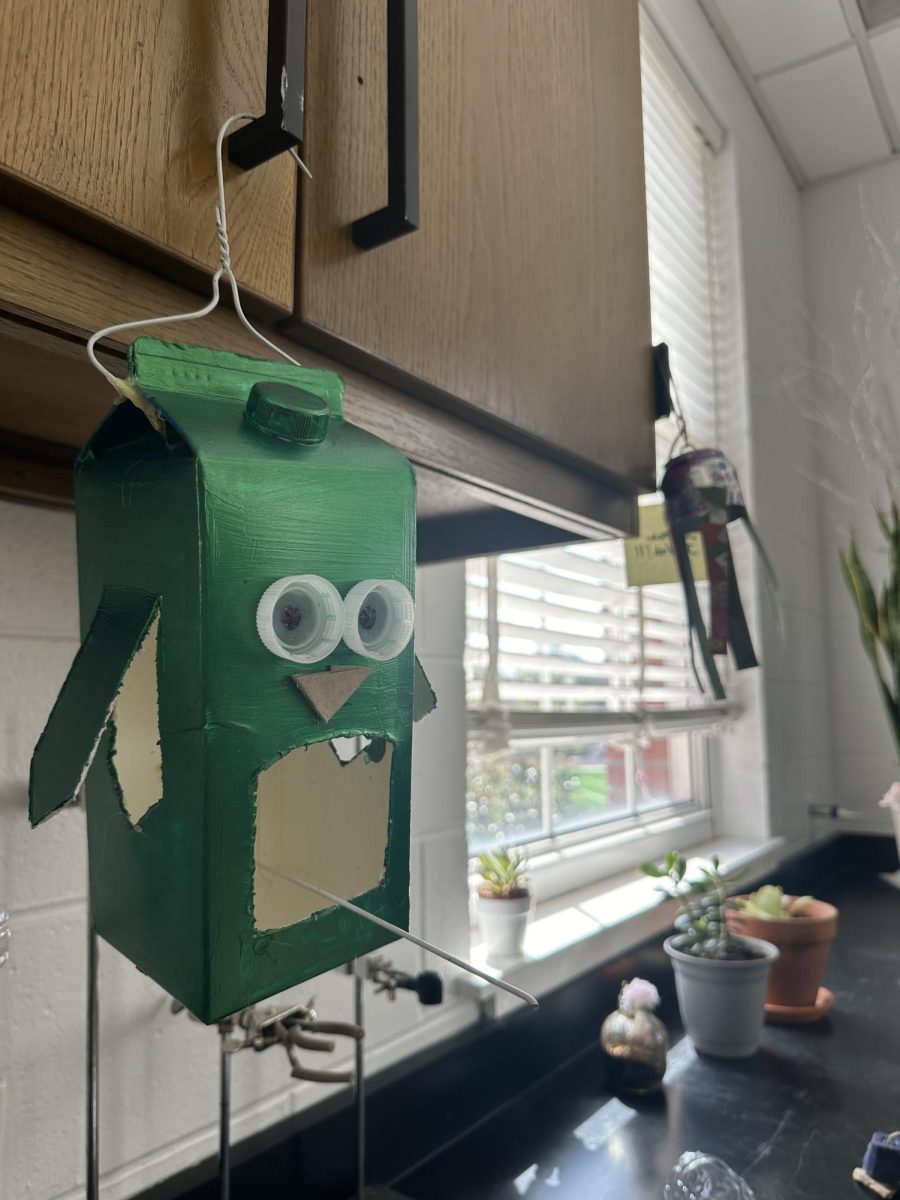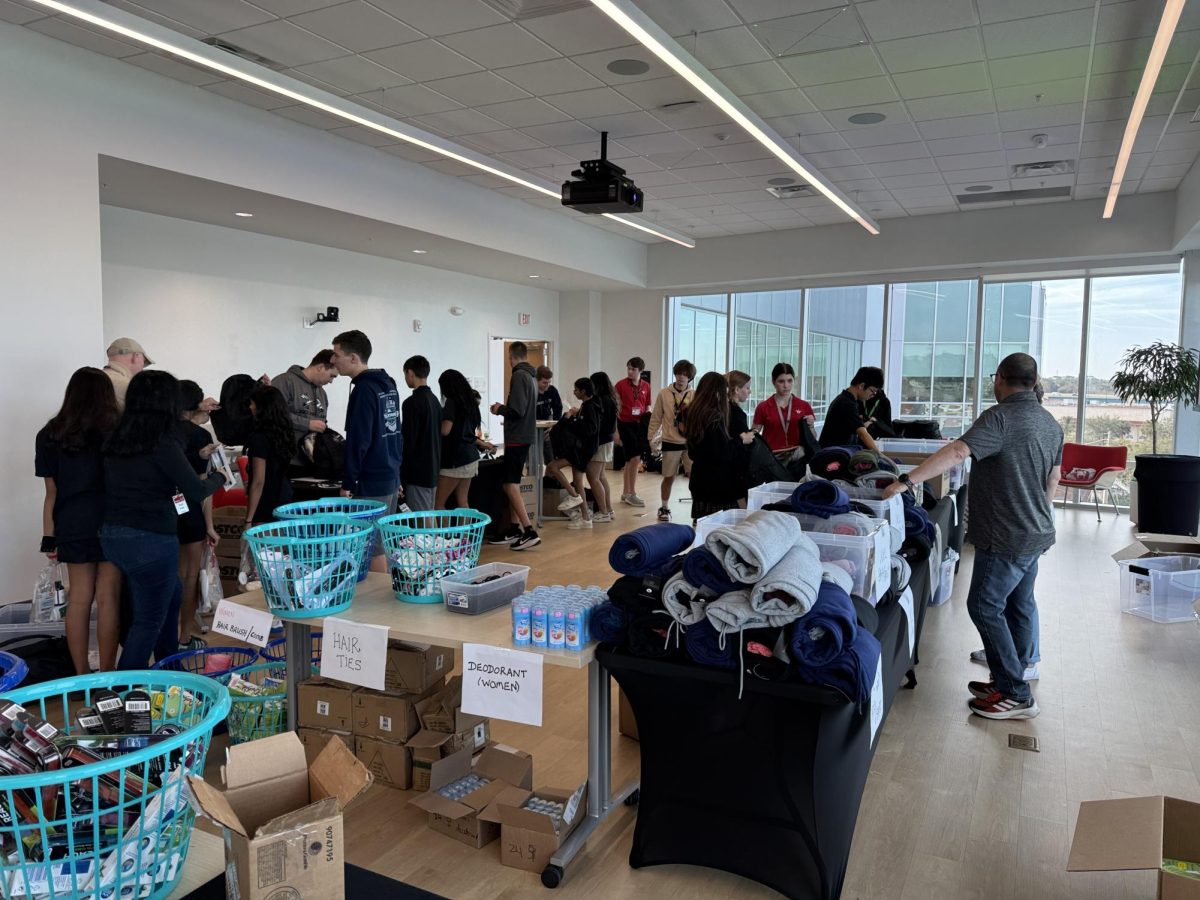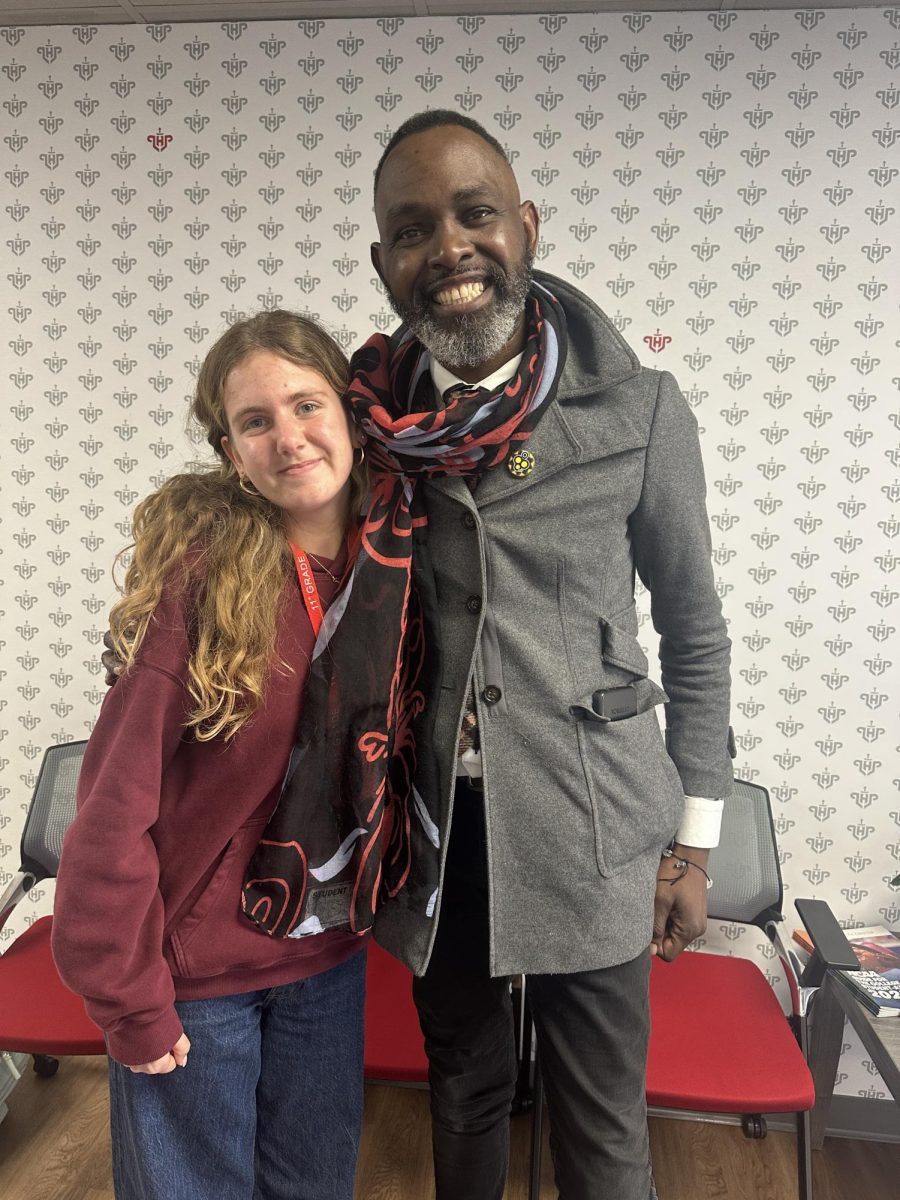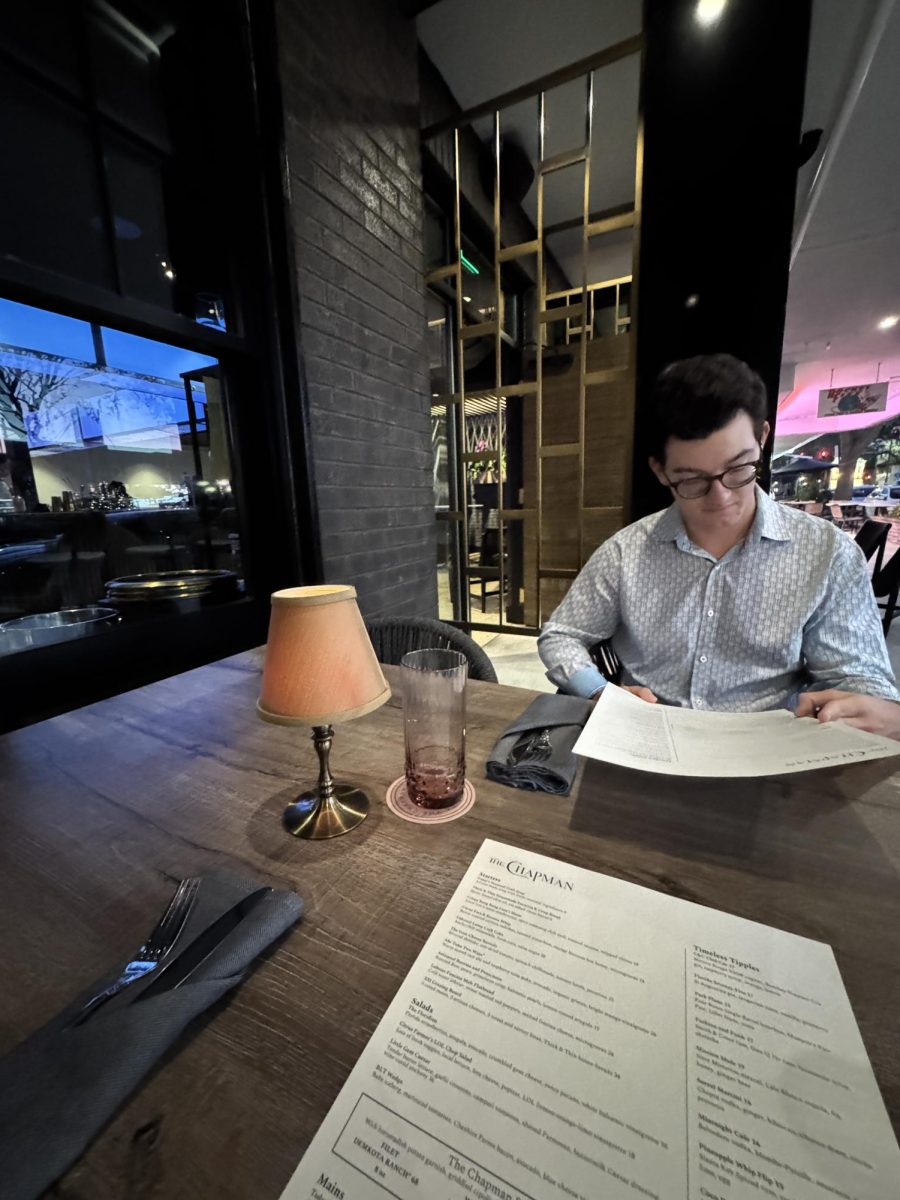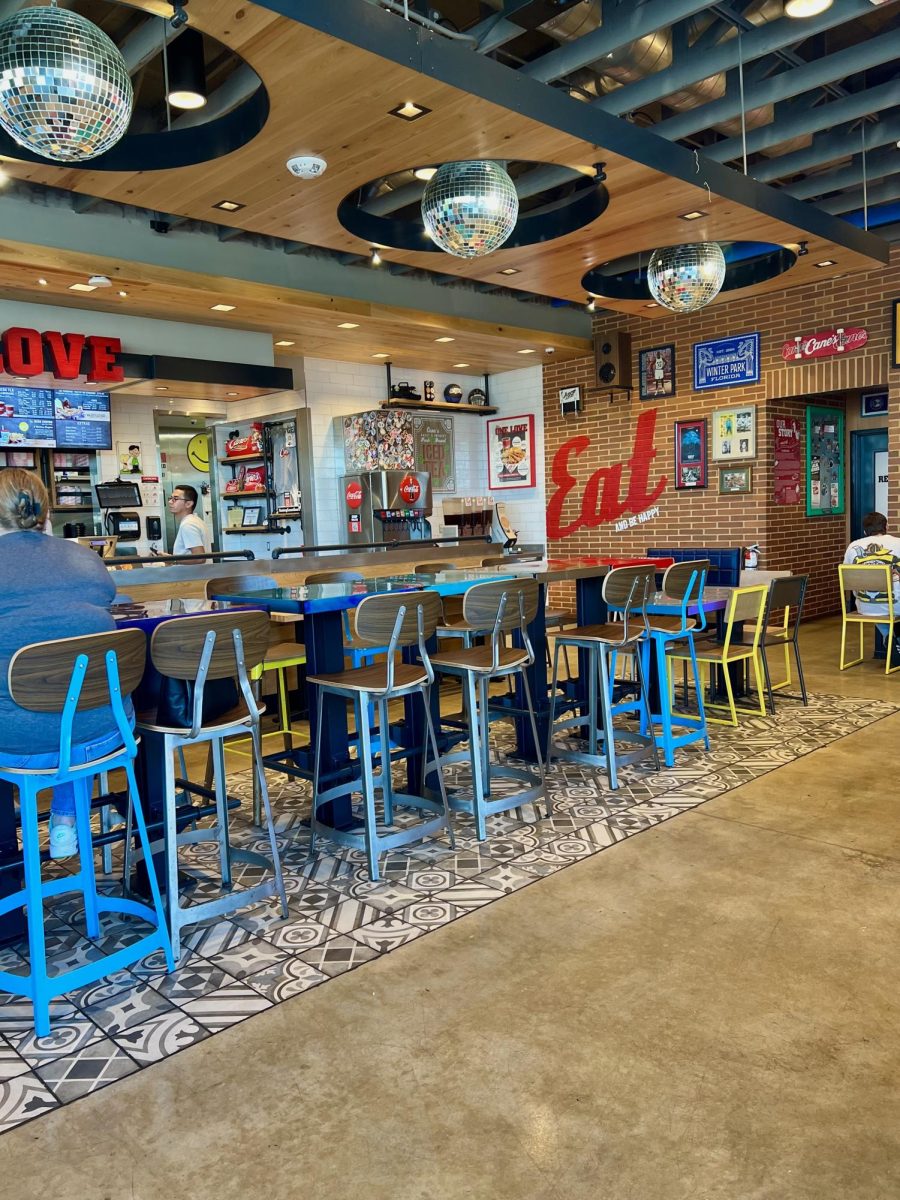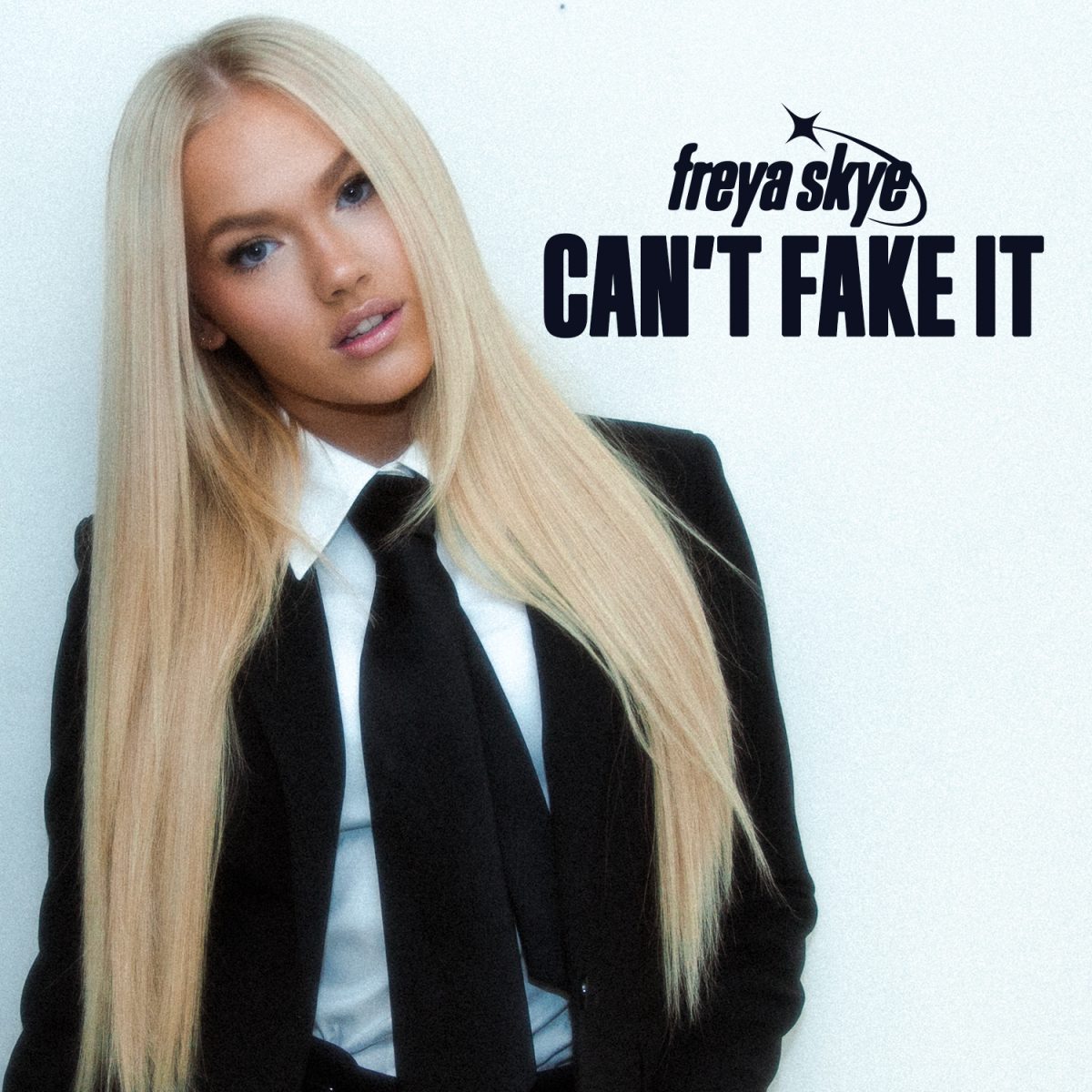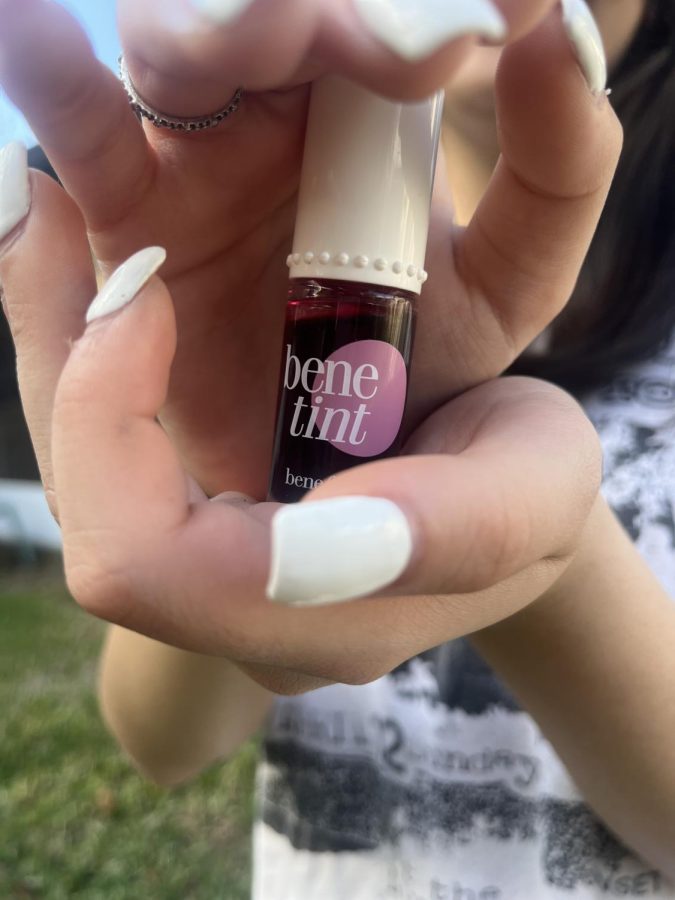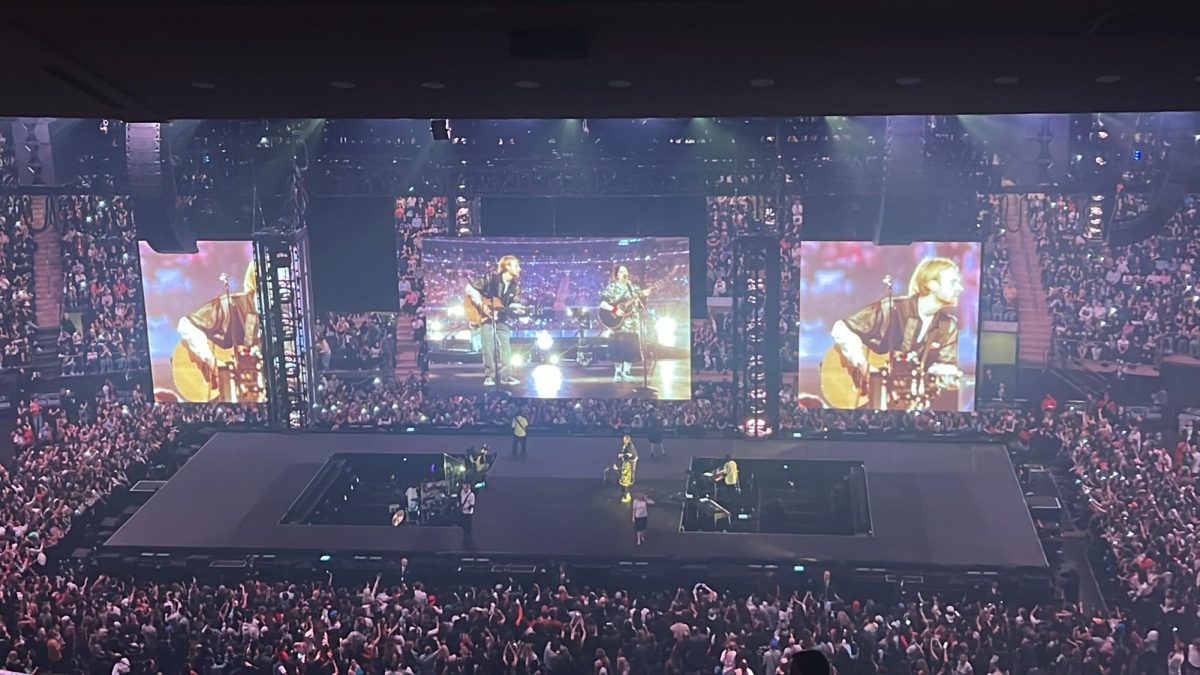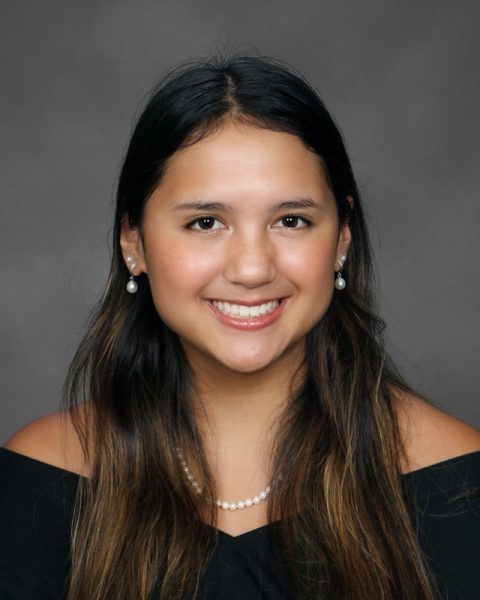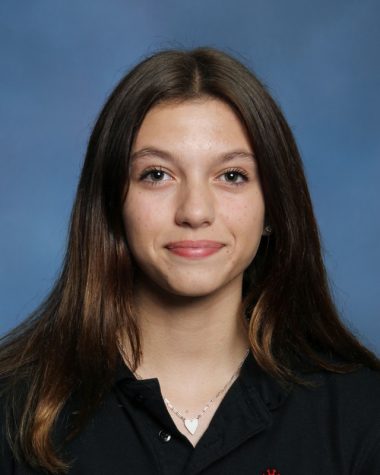You’re standing in front of the mirror, and all you see are wrinkles turning your forehead into a barcode, protruding crow’s feet, that new pixie cut you swore you would never get, and everything else on you just seems to sag. Terrifying, isn’t it? If so, congrats! You are a perpetrator of one of the least talked about forms of discrimination: age. Ageism, in its modern-day context, is among a slew of 21st-century words such as “selfie” and “stan” that are inextricably linked to the Internet. Ageism is a tale as old as time, of course. Fairy tales such as Beauty and the Beast, with the hideous witch who turned out to be a beautiful enchantress, and the child-eating old lady in Hansel and Gretel are built upon the notion that age depletes you of value. However, the Internet, as with nearly every other rhetoric, has transformed the meaning of ageism.
I’m sure you’ve seen it. You’re scrolling through Instagram or TikTok and come across a video, average by nearly all standards, but the like count is unreasonably high. So you do a double take of the person, maybe you even rate them, and suddenly the average video turns into a recording of human perfection, one that David wouldn’t stand a chance against. Beauty is the currency of the Internet. Ideas or personalities mean nothing when the first thing you see is someone’s appearance. Influencers get famous over a 15-second thirst trap of them lip-synching and maybe, just maybe, dancing. It’s only natural for a society that worships beauty to create a hierarchy based on one of its only measurable factors: age.
Ageism expands beyond the Internet though. The classic example is Hollywood. Hollywood loves to cast actresses over the age of 40 as any character between 50-100. For example, in 1994, actress, Sally Field, played Tom Hanks’s mom in Forrest Gump, just nine years his senior. She also starred as his love interest in the 1988 movie Punchline. More recently, in an interview for the musical, Into the Woods, in which Meryl Streep plays a witch, she noted that 25 years prior, when Streep turned 40, she, “Was not offered any female adventurers, or love interests, or heroes or demons,” but she was, “Offered three witches because [she] was ‘old’ at 40,” according to ABC News.
However, the most significant issue regarding ageism in Hollywood is the lack of older voices. In a study from San Diego State University, which looked at over 3,000 characters and more than 3,800 credits in the 2021-2022 television season, only 42% of women on broadcast programs were in their 30s, and 15% were in their 40s. Regardless of the actor’s age, Hollywood doesn’t highlight voices which reinforces the notion that they lack value. If there are no stories featuring older voices, at least in a positive light, then why should real life be any different?
Still, Hollywood is just the tip of the iceberg. Social media is where ageism really thrives. I first became scared by the ravages of age during what I consider to be the, “Sunscreen Renaissance.” Around a year and a half ago sunscreen brand, Supergoop, took over the Internet, and suddenly everyone became advocates against melanoma, and, of course, aging. Sunscreen ads bombarded my TikTok feed. Older women with translucent skin and zero pores heralded sun protection as the key to their beauty, and I folded. I don’t think I’ve ever cared about skin cancer (which is probably concerning) until someone who definitely didn’t look 80 revealed it as the “secret” to aging gracefully. It took the fear of society shunning me once I got frown lines to make me wear sunscreen.
The Sunscreen Renaissance is a case study of how ageism is often covertly marketed as a “health” issue. Yes, melanoma is awful, but crow’s feet are even worse, and the worst thing is that I believed them. Every morning before school, I slathered exactly four pumps of my overpriced sunscreen on my face to be outside for approximately 30 minutes. At 15, I dared aging to catch up with me.
Ageism didn’t end with the sunscreen though. The most recent filter trend on TikTok is the, “aged” one. The filter uses Artificial Intelligence to predict how users will look at approximately 70. For a solid two months, the world freaked out over the thought that they would age. Celebrities such as Kylie Jenner who said, “No, no, I don’t like that” in a TikTok became outraged at the very suggestion of aging. Others on the app pointed out that aging is a privilege. To see a version of yourself in 50 years (AI-generated, albeit) who experienced and overcame all the woes and worries of life, is somewhat beautiful. Yes, everything on your face hangs, but you’ve made it through. You survived.
Still, the most ironic thing about Kylie Jenner cringing at her future self is that she will never have to look like that. Aging is for the poor. The rich, or the debted, can afford facelifts, liposuction, facials, nose jobs, implants, and the Holy Grail of anti-aging: Botox. In part due to the pandemic which placed more of an emphasis on your appearance, in 2020, Botox became the most popular non-surgical cosmetic procedure. In addition in a study done by the Aesthetic Surgery Journal, researchers found that a major proportion of cosmetic surgery patients reported they were undergoing anti-aging procedures due to the fear of age discrimination. Every wrinkle can disappear with a pretty penny.
Thus, ageism has laid the foundation for industries. Cosmetic companies, facial salons, lifestyle coaches, plastic surgery clinics, and TikTok filters, all exploit our fear of aging, and we are obsessed with them. In 2022, the global market for neurotoxins (Botox equivalents) was valued at $6.4 billion. Every year, over six million Botox appointments are booked. Ladies and gentlemen, we’ve finally found the Fountain of Youth, but it’ll cost you.
For teenagers, ageism exposes two conflicting notions. When you’re constantly being told that right now, you are the most beautiful version of yourself, it places that much more of an emphasis on beauty as a marker of value. Yet, it also contradicts the constant bombardment of videos preaching, “10 ways to instantly be more attractive” and, “How to glow up in a week.” You can’t feel ugly because, according to the media, it’ll only get worse from here, but you can’t feel too pretty because, look around you, everyone else is prettier. It’s a catch-22. Stop chasing an ideal you will never find. Let yourself embody the loves and losses of life. Wear it as a badge of honor. You have been blessed with time. Show it.

